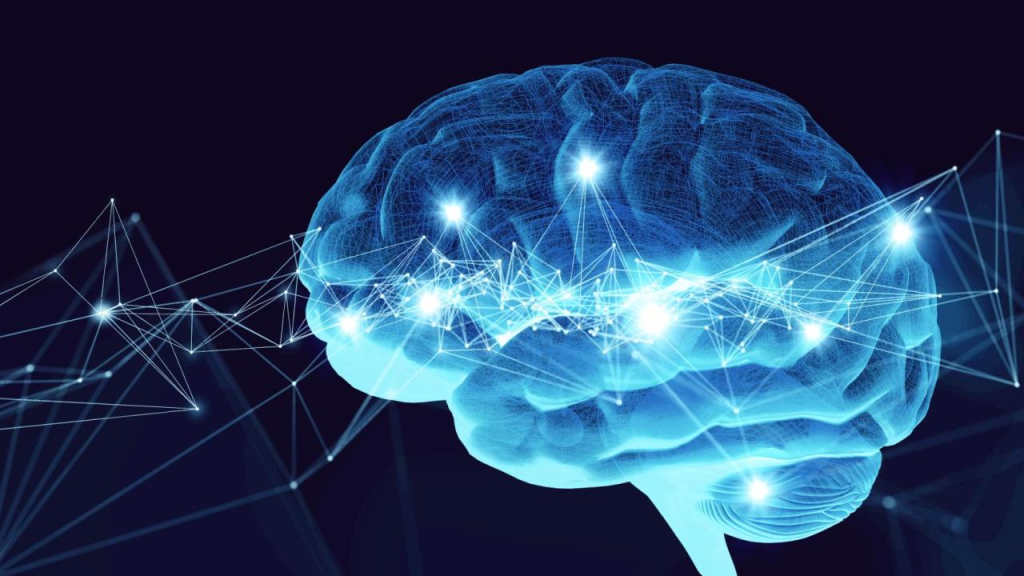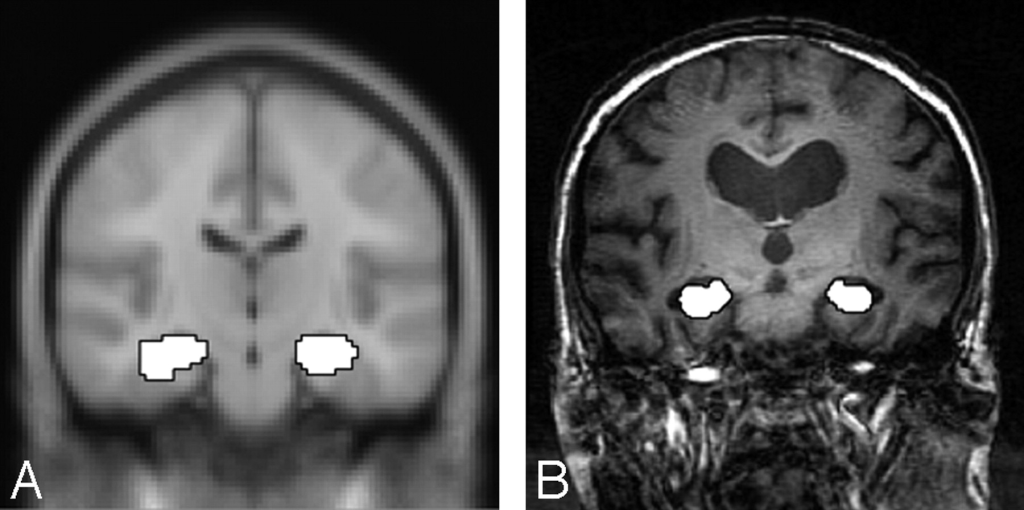The Link Between Hippocampus Reduction and Cognitive Decline
The Link Between Hippocampus Reduction and Cognitive Decline

The human brain is a complex network of pathways, similar to a road system. One critical area of the brain, known as the hippocampus, plays a crucial role in memory formation. Recent research has shed light on the relationship between a reduction in the size of the hippocampus and cognitive decline. This decline in hippocampus volume has been observed in various forms of dementia, not just Alzheimer’s disease. In this article, we will explore the findings of recent studies and delve into the implications of hippocampus shrinkage on memory and cognitive function.
Understanding the Role of the Hippocampus

The hippocampus is a small, seahorse-shaped structure located deep within the brain. It is responsible for forming new memories and plays a vital role in spatial navigation and emotional regulation. Without the hippocampus, our ability to create new memories would be severely compromised. For instance, we might meet someone, leave the room for a few seconds, and return without any recollection of having met them before. As we age, the hippocampus can gradually shrink in size and volume, leading to a decline in memory function.
The Relationship Between Hippocampus Atrophy and Cognitive Decline

A study published in the journal Neurology revealed a significant link between hippocampus atrophy and cognitive decline. The researchers analyzed data from 128 individuals with a median age of 73 who did not initially exhibit any cognitive or memory issues. These participants underwent brain scans annually for ten years to track changes in hippocampus volume. The study found that a faster decline in hippocampus size correlated with a more rapid cognitive decline. Interestingly, the researchers noted that hippocampus atrophy was independent of the presence of amyloid plaques or tau tangles, which are commonly associated with Alzheimer’s disease.
The researchers estimate that the shrinkage of the hippocampus alone accounted for approximately 10 percent of the difference in cognitive function observed among the participants. This finding highlights the significance of hippocampus health in maintaining optimal cognitive abilities. However, it is important to note that measuring hippocampus volume alone cannot lead to a specific diagnosis. Further medical tests are required to determine whether the decline in hippocampus volume is due to Alzheimer’s disease or another underlying cause.
Differentiating Alzheimer’s Disease from Other Forms of Dementia

One key takeaway from the study is that not every individual experiencing memory issues and hippocampus shrinkage has Alzheimer’s disease. Similarly, not all individuals diagnosed with Alzheimer’s disease necessarily exhibit hippocampus shrinkage. There may be other factors at play, and it is essential for healthcare professionals to consider alternative causes of memory decline before making a diagnosis.
Dr. Shae Datta, the co-director of NYU Langone’s Concussion Center, emphasizes the importance of identifying the specific cause of dementia in each patient. While new drugs targeting amyloid-beta plaques in the brain show promise for treating Alzheimer’s disease, they may not be effective for individuals with hippocampal atrophy but no amyloid-beta plaques. This study serves as a reminder of the need to personalize dementia treatment by understanding the underlying causes in each patient.
Exploring Other Causes of Hippocampus Shrinkage
The study’s findings raise questions about the potential causes of hippocampus shrinkage beyond Alzheimer’s disease. Researchers suggest that non-Alzheimer’s pathologies can also lead to hippocampal atrophy. It is crucial to conduct further medical examinations to determine the exact cause of hippocampus volume decline. Dr. Douglas Scharre, a professor of clinical neurology and psychiatry, explains that while measuring hippocampus volume can predict medication response in cases of Alzheimer’s disease or Lewy body disease, most other conditions causing hippocampal atrophy are not easily treatable with medication.
To expand our understanding of the development of Alzheimer’s as it relates to the hippocampus, future studies should include younger people. The inclusion of individuals at earlier stages of Alzheimer’s could provide valuable insights into the progression of the disease and its impact on hippocampus volume.
Limitations and Recommendations for Future Research
Like any study, this research has its limitations. One major limitation is the demographic composition of the participants, who were predominantly highly educated and white. This fact makes it challenging to generalize the findings to other populations. Additionally, the pre-trial testing did not include individuals with early-stage Alzheimer’s disease. Future studies should aim to include a more diverse range of participants and consider individuals at different stages of Alzheimer’s to obtain a more comprehensive understanding of the relationship between hippocampus atrophy and cognitive decline.
Furthermore, the researchers acknowledge the potential for different conclusions to emerge with more extended studies or increased observations per participant. These additional data points could reveal new insights into the progression of hippocampus shrinkage and its impact on cognitive function.
Strategies for Maintaining a Healthy Hippocampus
While hippocampus shrinkage is associated with cognitive decline, there are steps we can take to keep our hippocampus healthy. Regular exercise has been found to promote the growth of new neurons in the hippocampus, improving cognition and emotional regulation. Even in adults, exercise has been shown to increase the size of the hippocampus. Engaging in physical activity is an effective strategy for maintaining hippocampus function.
Diet also plays a crucial role in hippocampus health. A low glycemic or Mediterranean diet, characterized by nutrient-rich foods such as fruits, vegetables, whole grains, and healthy fats, has been linked to brain health. The quality of our diet is reflected in the health of our brain, and consuming a well-balanced diet can contribute to the growth and maintenance of the hippocampus.
Conclusion: A Multi-Faceted Approach to Brain Health
In conclusion, the reduction in hippocampus volume has been identified as a significant risk factor for cognitive decline. While Alzheimer’s disease is commonly associated with hippocampus shrinkage, it is essential to consider other potential causes of dementia. Individualized treatment approaches that address the underlying causes of hippocampus atrophy are crucial for effective management.
Maintaining a healthy hippocampus requires a multi-faceted approach that includes regular exercise, a nutritious diet, and social engagement. By prioritizing our brain health and adopting these lifestyle practices, we can reduce the risk of cognitive decline and support optimal cognitive function throughout our lives.
Remember, the hippocampus is like a vital road in our brain’s network, and by keeping it well-maintained, we can ensure smooth cognitive functioning on our journey through life.




